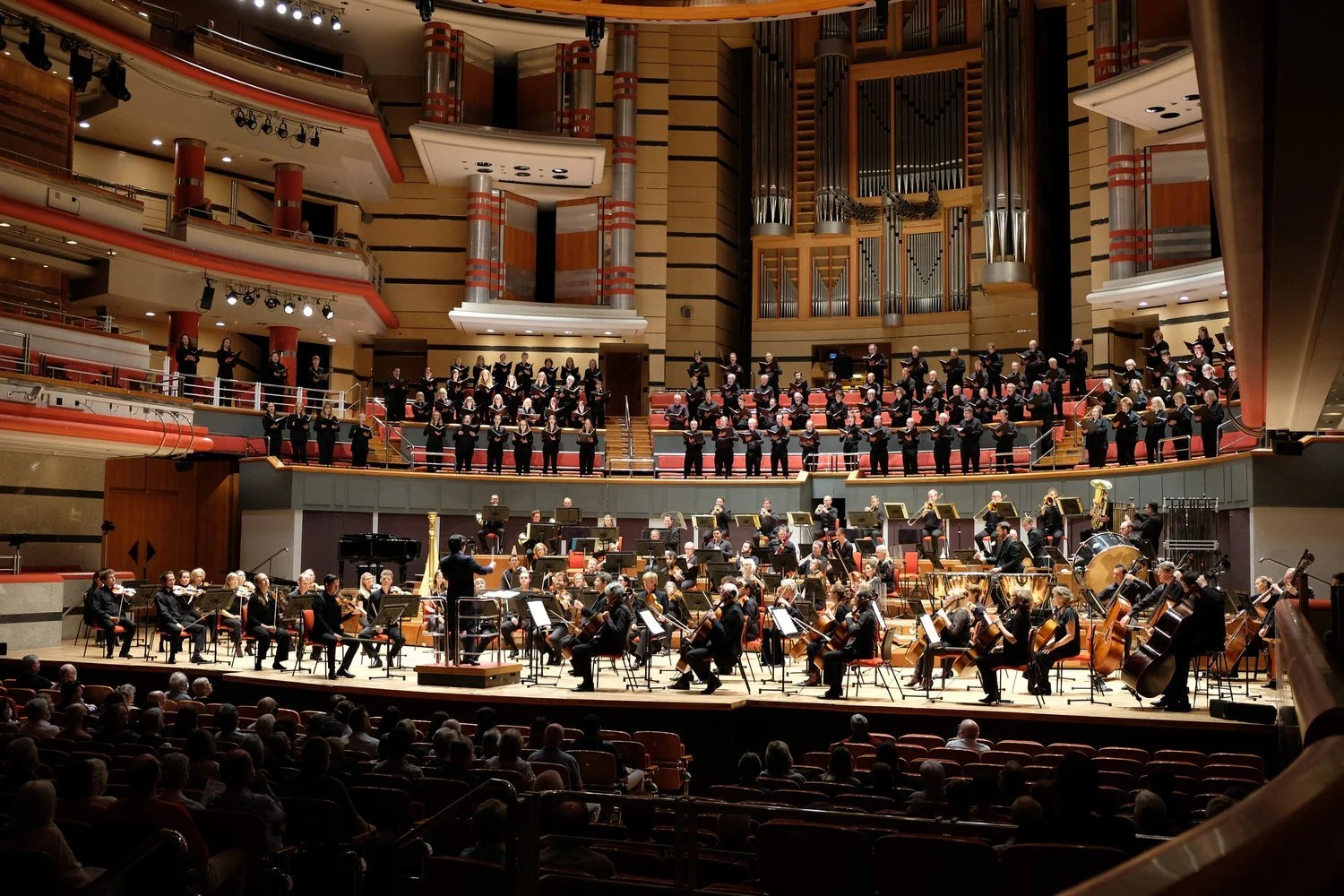Kazuki & Miloš, CBSO, Symphony Hall, Birmingham, 30 October 2024, 4☆☆☆☆. Review David Gray & Paul Gray.
Kazuki & Miloš, CBSO, Symphony Hall, Birmingham, 30 October 2024,
4☆☆☆☆. Review David Gray & Paul Gray.
“A vibrant programme of Spanish-themed music delivered much to enjoy.”
Chabrier – España
Rodrigo – Concierto De Aranjuez
Rimsky-Korsakov – Capriccio Espagnol
Falla – The Three-Cornered Hat, Suites 1 & 2.
Ravel - Boléro
This was a concert that promised and delivered much to enjoy. A Spanish-themed programme packed full of character, and imbued with vibrant colours evocative of Iberian landscapes, real and imagined. This was music well matched to CBSO Musical Director, Conductor, Kazuki Yamada’s larger-than-life podium presence. It also gave many opportunities for the orchestra to strut its stuff, collectively and as individual players, and sections.
Non-Spanish composer, Chabrier, kicked off the proceedings with his well-known and much loved España. This piece flowed nicely with its earworm melodic material tossed exuberantly around the orchestra.
Kazuki’s approach to this work - as it was for much music in the concert - was to let the vivid colours stand out. There are some who may have preferred a more blended sound, particularly from the woodwind. But Kazuki’s extrovert approach yielded rich rewards in terms of impact and drama. This was particularly true in Rimsky-Korsakov’s Capriccio Espagnol. During the final two movements of this work, the orchestra really let rip and raised the roof.
The main attraction of the afternoon was undoubtedly star guitarist, Miloš Karadaglić and Rodrigo’s evergreen Concierto de Aranjuez. This got off to a good start, the with the strings skilfully echoing the rhythmic bounce of the guitar’s opening bars. Thereafter, the opening movement somehow failed to catch fire. Miloš’ reading was surprisingly introverted. Despite being amplified the guitar sound did not really sing out into the hall. The orchestra responded to this tentatively.
Miloš’ approach worked more effectively in the slow movement. Cor Anglais, Rachael Pankhurst, played that heartbreakingly plaintive melody with real feeling and exquisite attention to detail. The overall effect was, on the whole, spellbinding. But again, the climax of the movement seemed to lack the requisite impact. The final movement was brisk and businesslike, and finally delivered the energy levels one might have hoped for throughout.
The main work of the second half, two suites from Falla’s The Three-Cornered Hat, was, again, given a characterful and dramatic treatment. Bassoon, Nikolaj Henriques brought the character of the Mayor humorously to life.
Ravel’s Boléro is often described as an exercise in orchestration. This hardly does justice to the work’s brilliance and impact. Kazuki gave the many soloists who handle the repeated melody, space to bring something of their own character, and the distinctive quality of their instruments to bear. As a result, each iteration seemed fresh and new. The constant crescendo was expertly managed to reach its zenith at exactly the right moment. The modulation into the cataclysmic final bars, with baying brass, and the final collapse, packed a huge emotional punch. This really was something quite special.
Kazuki Yamada – Conductor
Miloš Karadaglić – Classical Guitar
